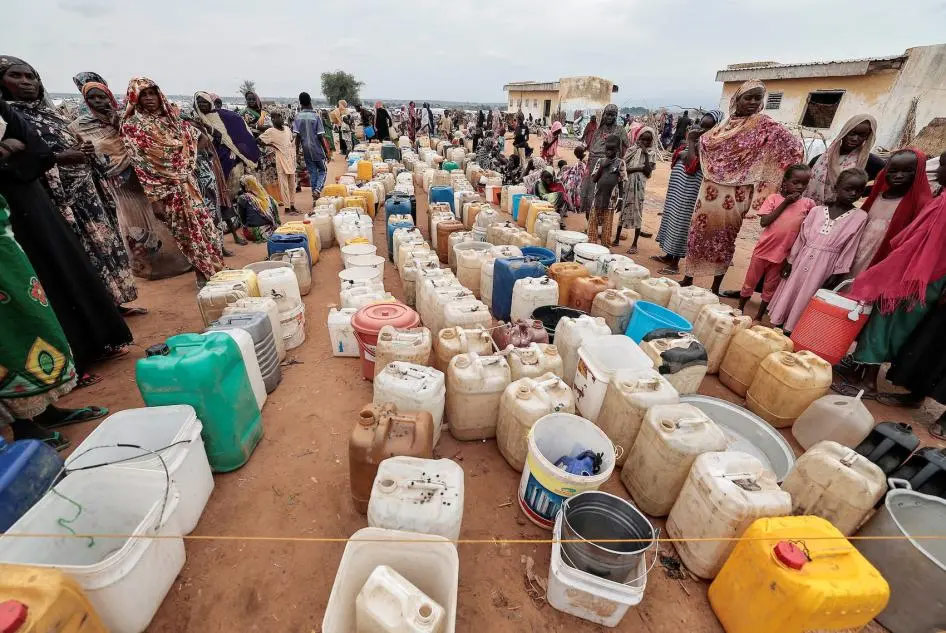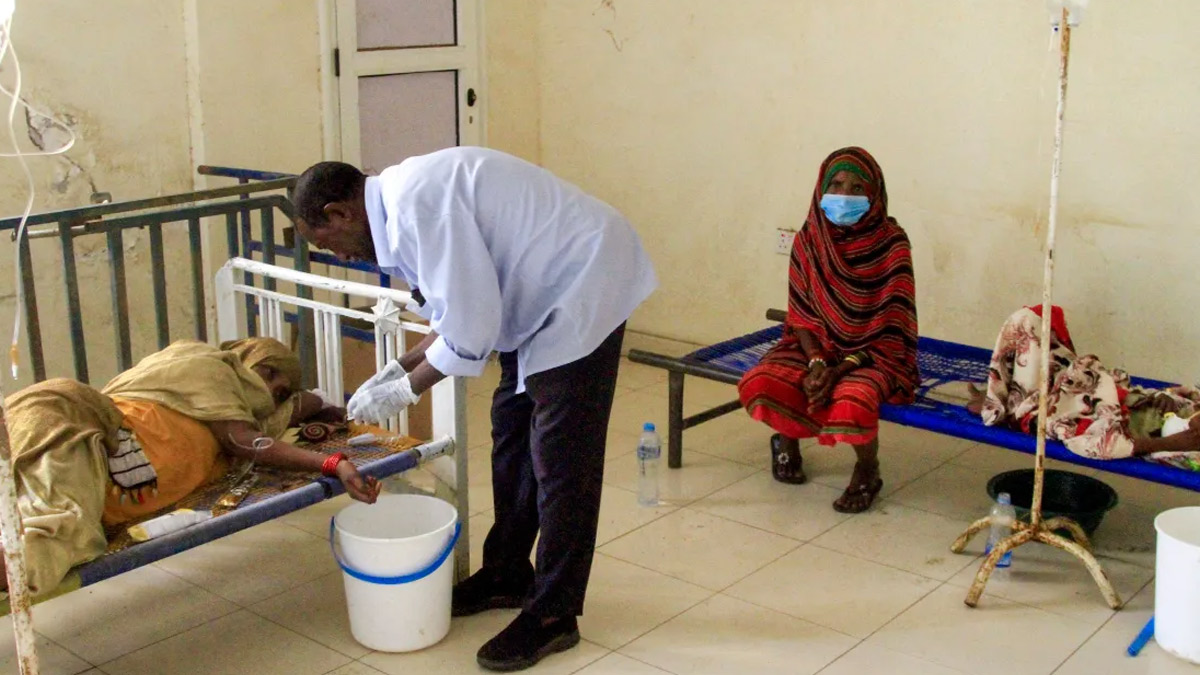-1736943564007.webp)
Sudan has been consistently making the headlines because of its ongoing conflicts, disease outbreaks, climate emergencies and economic and political instability. Recent violent clashes resulted in the displacement of more than 11.5 million people, including refugees, asylum seekers and internally displaced people, leaving them vulnerable to subpar healthcare.
Table of Content:-
However, things seem to be going in the right direction for Sudan as the World Bank, WHO, and UNICEF have united efforts to improve healthcare access for over 8 million vulnerable individuals in a recent development. The three organizations are planning to kickstart several initiatives with a total budget of US $82 million under the Sudan Health Assistance and Response in Emergencies (SHARE) project.
-1736943759466.jpg)
Healthcare Crisis In Sudan
The civil war that erupted last year led the country into complete chaos, turning cities like Khartoum razed to the ground and crippling the nation’s healthcare system. Hospitals and medical facilities, already stretched thin, have been forced to close, leaving the population with little access to healthcare. As per WHO, nearly three quarters of healthcare facilities are completely out of service due to the prolonged conflict and lack of resources.
The most vulnerable groups that suffered the most because of the conflict and lack of healthcare are women and children. Repeated attacks on healthcare facilities, workers and equipment have deprived women and children from getting any kind of life saving care, with pregnant women hit the hardest. Two-thirds of the population doesn’t have access to basic healthcare when the country is constantly battling outbreaks of cholera, malaria and measles. Vaccine distribution and immunisation drives have also been affected due to security challenges leaving vulnerable groups exposed to all kinds of preventable diseases.

SHARE Project: Lifeline For Sudan
The idea behind the SHARE project is to equip Sudan with a healthcare system that can be relied on in the times of crisis. It aims to restore essential healthcare services, especially in maternal and child healthcare, and provide support to displaced communities.
Also Read: Gas Leak at Karwar Plant Leaves 19 Hospitalized; Health Risks Of Gas Inhalation
"In Sudan, the systems providing vulnerable children and families with essential social services are on the brink of a collapse. By working shoulder to shoulder, we can invest in rebuilding them and provide lifesaving health care and nutrition services to children who desperately need them amid the ongoing conflict.", said UNICEF Representative for Sudan Sheldon Yett in a statement.

Key Objectives
The combined efforts of WHO, UNICEF and World Bank are targeted towards establishing a robust healthcare system in Sudan that would cater to over eight million people. Here are the primary goals:
- Focusing on enhancing maternal and child healthcare.
- Ensuring access to life-saving medication for vulnerable populations.
- Addressing the issue of malnutrition and providing critical treatment.
- Strengthening immunisation campaigns and focusing on reaching out to families and children.
- Training healthcare providers to ensure continuity of care even in the time of crisis.
- Leveraging community platforms to reach out to most isolated and underserved populations.
A Beacon Of Hope Amidst Challenges
Given the current political and social scenario of Sudan, the road to rebuilding the entire healthcare system won’t be without hurdles, but this collaboration between WHO, UNICEF and World Bank is a beacon of hope for millions.
This collaboration is a testament to global partnerships in addressing healthcare related issues and underscores the importance of fostering resilience in a country struggling with humanitarian challenges.
Also watch this video
How we keep this article up to date:
We work with experts and keep a close eye on the latest in health and wellness. Whenever there is a new research or helpful information, we update our articles with accurate and useful advice.
Current Version